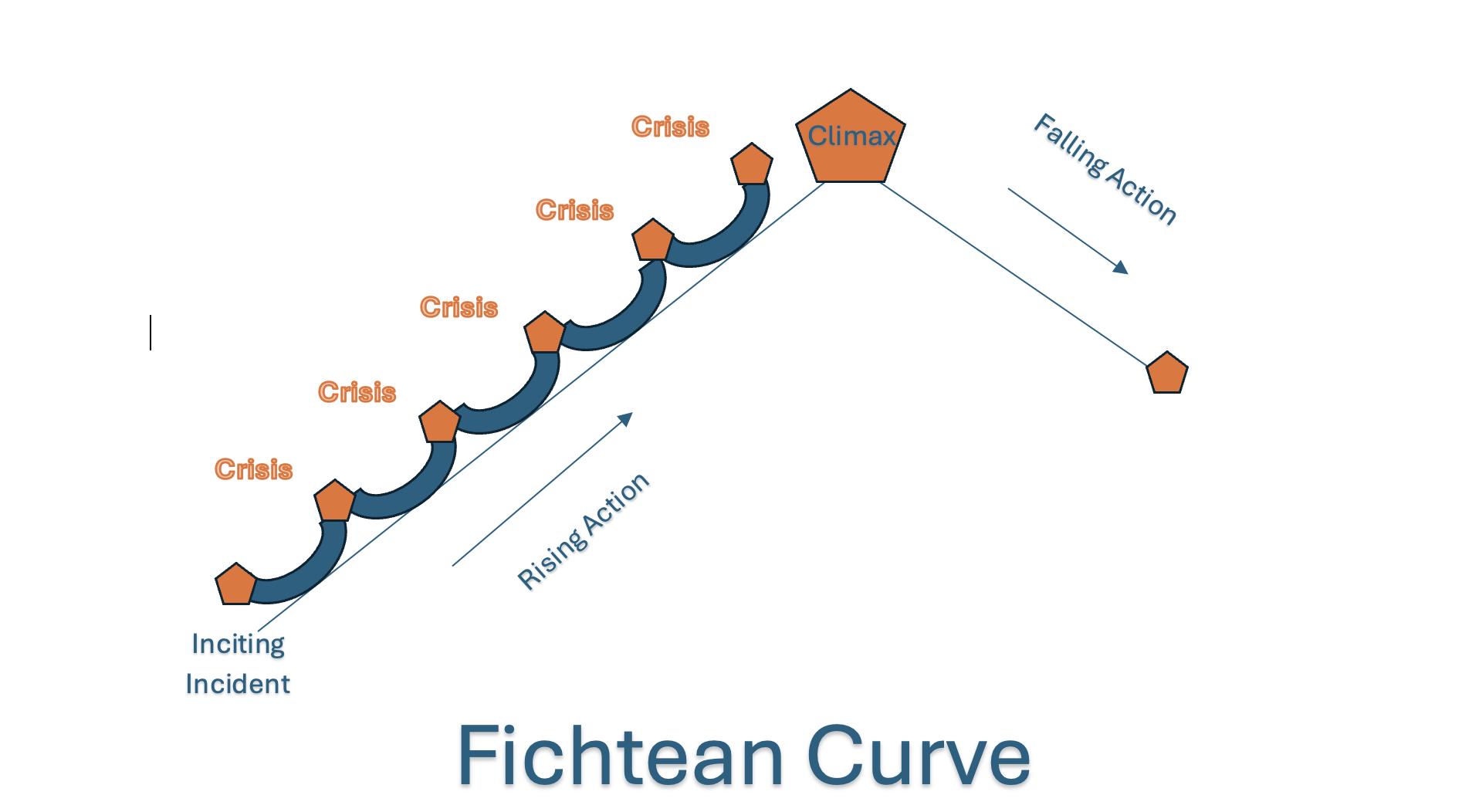Stop Child Abuse: My Desired Takeaway from “Filling the Cracks”
Pauline J. Grabia participates in the Amazon Services LLC Associates Program, an affiliate advertising program, and earns from qualifying purchases from links in this post.
Please subscribe to my email newsletter for updates on my website and blog and exclusive access to the Prologue of my novel, Filling the Cracks, posted a chapter at a time each Wednesday on my blog. You can do so in the form found in the footer of this page. Thank you!
To Entertain, Provoke, and Inspire:
One of my purposes in writing fiction has been, of course, to entertain my reader. I want them to enjoy or at least appreciate what they’ve read and desire to return to read more of what I’ve written. I feel secure in saying that’s a desire of most if not all, fiction writers. That’s not all the takeaway I want from my writing, however. In almost everything I write, I discuss an issue to provoke a reaction from my reader, hopefully inspiring them to take action. If I provide a good time without making a statement or some difference in my writing, then in my estimation, I’ve fallen short of my goal. If you’ve read the first three chapters of Filling the Cracks, my novel that I post in installments each Wednesday on this blog, then you know that the main character is a victim of child maltreatment—physical, sexual, and emotional abuse. It makes for great conflict in a work of fiction, but if that’s all it does, then I’ve failed. I want the predicament of the character of Beth Clark to provoke a reaction in the reader that inspires them to take some personal action to be on the lookout for and act against any child maltreatment they observe in their everyday life. If, in this way, my writing can make a difference in the real world, then I feel I’ve succeeded in making a difference myself.
Child maltreatment is disgustingly rampant.
In this post, I present statistics from my home country, Canada. Still, I’m confident that any reader from elsewhere in the world will find a shocking number of children are maltreated in their own country of origin. That’s because child maltreatment is a result of sin, the evil that corrupts the human heart regardless of one’s culture or nationality.
In Canada, according to Statistics Canada:
“About 6 in 10 (59.7%) individuals living in Canada reported experiencing some type of child maltreatment before they were 15 years old. Studies have shown that child maltreatment is associated with poorer health and socioeconomic outcomes later in life. In Canada, national-level estimates have mainly focused on physical types of child maltreatment (e.g., physical abuse, sexual abuse). The study "What do we know about physical and non-physical childhood maltreatment in Canada?" provides new information about different types of child maltreatment, including non-physical (e.g., emotional abuse, exposure to intimate partner violence, physical neglect).
Nearly one-third (32.3%) of individuals reported experiencing only non-physical child maltreatment, followed by over 2 in 10 (23.3%) who reported experiencing both non-physical and physical child maltreatment. Experiencing only physical maltreatment was the least prevalent type of child maltreatment reported (4.1%).” (Economic and Social Reports, January 2023. Statistics Canada, Government of Canada. Ottawa, Ontario. January 25, 2023)
Think about those numbers for a moment. Over half the people studied were maltreated (abused) in some form. If that is not a problem of epidemic proportions, I don’t know what is. Yet, I dare say most people walk through life with blinders on to their and others’ suffering because it's easier that way. Awareness of the problem places an onus of responsibility on a decent person to do something about it. Most of us don’t want to expend that kind of energy. We have enough on our plates—isn’t that what we tell ourselves? But if we as everyday citizens ignore the problem and take no action to prevent it and make it stop, who will? The government responds to pressure from interest groups, and interest groups respond to the movement of the people. “If it’s to be, it's up to me” isn’t too far off the mark. God gives us all a conscience because He wants it to spur us to acknowledge our need for a savior in Jesus Christ, and He wants it to move us to act against sin and the evil activities it spawns.
Filling the Cracks takes place in the 1980s, so it might be tempting to think, “That’s a historical problem. What happens to Beth Clark and her brother Otto in the story doesn’t happen in the enlightened environment of the twenty-first century.” However, that thinking is fallacious, as the statistics I quoted show. The problem persists today, now in this century, here. Everywhere. Children are still falling through the cracks in our welfare system. People are being permanently scarred. “Child maltreatment and family violence are serious public health issues that can have long-lasting consequences on survivors, including serious mental health challenges, impaired cognitive abilities, and difficulties forming healthy relationships. The effects of abuse and neglect go beyond the immediate circumstances and often extend well into adulthood.” (“Government of Canada Invests in Child Maltreatment and Child Welfare Research.” Public Health Agency of Canada, Ottawa, Ontario. July 20, 2023.)
This is why I write about abuse in its many forms in my fiction. To get the word out. I would like to shed light on the problem. Evil can only take place in the dark. Education, awareness, vigilance, and active resistance cast light and force the darkness away. Once evil is exposed, it can be defeated, one Beth Clark at a time.
Why I care so much:
I care because I was a Beth Clark. While her story is not my story—Filling the Cracks is not a memoir—I do use a lot of my own experiences and those I’ve heard related to me by other victims of abuse in the creation of hers and Otto’s characters (If you don’t know who Beth and Otto are, you haven’t been reading my story! Head to www.paulinejgrabia.com/my-blog/filling-the-cracks-chapter-one and start reading immediately!). I grew up in a dysfunctional home. From childhood, my earliest memories are of being physically abused and raped by a close family member. I remember contacting my best friend about what was happening to me. I spoke to doctors and counselors. I fell through the cracks. No one came to my rescue, no matter how much I prayed. Did God abandon me? Absolutely not. I’m still here today, and He is using humanity’s sinfulness against me to reach out against such abuse through my story. But I remember wishing someone would notice my plight, hear my words, and rescue me. I want to be that person who sees the abuse and steps forward, and makes it stop. I’m hoping you are one of those people, too.
What can be done?
To act against child maltreatment, we have to be aware of it. Read Filling the Cracks and other fiction and true stories about the subject—research child abuse statistics where you live. Speak with social workers and psychologists about its prevalence and impact on individuals and society. Educate yourself and pull your head out of the sand. After that, be vigilant for such behavior within your circle of influence—even within your family. If you are an abuser—stop! Get help! What you’re doing is sinful and harmful, and destructive. If you are being abused, child or adult, speak out and escape that situation. Call the police. Tell your friends, doctors, teachers, clergy—get the word out and seek help. Call a distress line in your area. Contact your local Family and Social Services agency to report it. The same goes for anyone who isn’t personally being abused but knows such abuse is taking place—speak up, cast light upon the darkness, and do everything you can to stop it. Volunteer at local shelters that work with abused children and adults. Donate money and personal items to these agencies—they can always use the help. Lobby your government officials to crack down further on these forms of violence and provide funding to aid victims and survivors. The difference you will make in the life of someone being abused can’t be measured. Do not sit back, close your eyes, and live in denial. Consider it—line up ten people in Canada, six of whom have been abused as children. They could be your children, siblings, nieces, nephews, or grandchildren.
Takeaway
I invite you to go to Filling the Cracks on my blog and begin reading the story if you haven’t already, and then do your research into child maltreatment where you live. Come away from this with a greater appreciation for the tragedy of child abuse and what we can do to stop it—then act. Cast your light into the darkness, for where there is light, darkness cannot reign. Be that light for the Beth or Otto Clark near you.
An Announcement:
Thank you again for reading. My website and blog will change significantly in the coming weeks. After much consideration, I’m changing my brand and platform from “Jenni Roman” to my real name, “Pauline Grabia.” This change will take effect as of September 1, 2023. My content will remain, as will the blog and what you can expect from my website. All that is changing is the domain name and name of the site, reflecting my decision to use my real name as my author’s name rather than a nom de plume. To stay updated on the change and everything related to my website and blog, subscribe to my monthly newsletter below. Check out my other blog posts, and don’t forget to return on Wednesdays to catch the most recent installment of my novel, Filling the Cracks, of which I am posting one chapter each week for twenty-five weeks. Chapters One through Three are already up at www.paulinejgrabia.com/my-blog. Chapter Four will be published next Wednesday. Please share this blog with your friends and family. May God bless you richly this coming week and always!
Pauline




For the past three or four months, I have been preoccupied with life and have not completed all the reading I wanted, so I’m sharing my January and February 2025 reading list containing a repeat of books I said I would have previously read but didn’t get to. I’ve also added a couple of new books to the list.